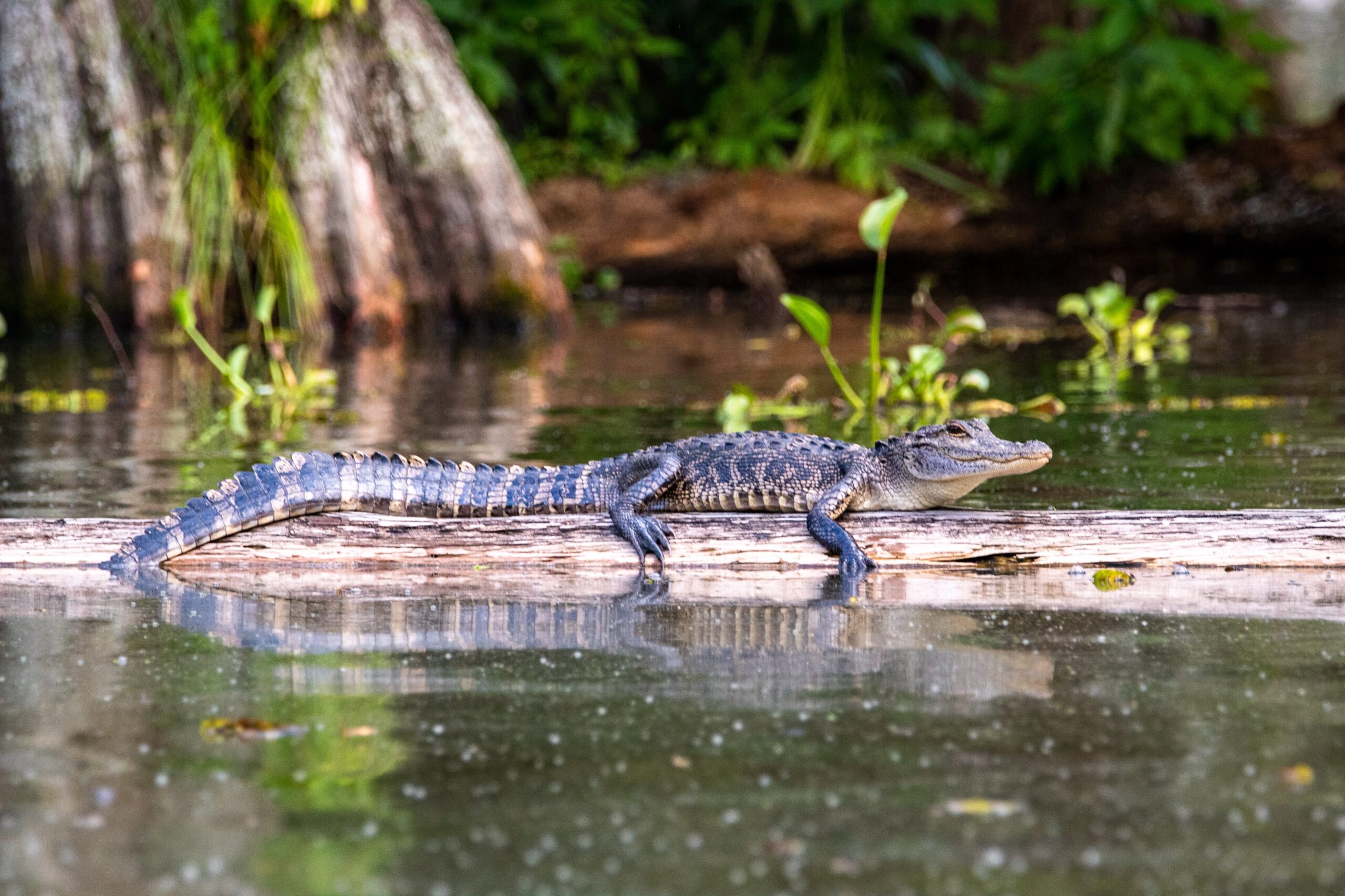Alligators are fascinating reptiles known for their unique characteristics and behaviors. This fact sheet provides information about these remarkable creatures, including their habitat, diet, life cycle, and conservation status.
- Habitat
- Alligators are typically found in freshwater habitats such as swamps, marshes, and rivers.
- Wetland ecosystems are where they are most commonly encountered.
- Range
- Alligators are predominantly native to the southeastern United States.
- They can also be found in China’s Yangtze River region, although this population is critically endangered.
- Size
- Adult alligators can reach lengths of up to 13 to 15 feet (4 to 4.5 meters).
- Remarkably, some individuals have been known to grow even larger.
- Diet
- Alligators are carnivorous and feed on a variety of prey, including fish, birds, and mammals.
- Their diet primarily consists of animals that venture close to the water’s edge.
- Reproduction
- Alligator reproduction is a complex process, involving courtship displays and vocalizations.
- Eggs are laid in nests constructed by the female in sandy areas near the water’s edge.
- Hatching
- The eggs hatch after a two-month incubation period.
- Newly hatched alligators are about 6 to 8 inches (15 to 20 centimeters) long.
- Life Span
- Alligators can live for up to 35 to 50 years in the wild.
- In captivity, they have been known to live even longer.
- Behavior
- Alligators are ectothermic, meaning their body temperature is regulated by external conditions.
- They are most active during warm weather, often basking in the sun to raise their body temperature.
- Conservation
- Alligators were once endangered due to overhunting, but conservation efforts have led to a population rebound.
- They are now classified as a species of “Least Concern” by the International Union for Conservation of Nature (IUCN).
- Interaction with Humans
- Although alligators are typically shy and reclusive, they can be dangerous if provoked.
- It is important for humans to maintain a safe distance and avoid feeding them, as this can alter their natural behavior.
Alligators are an integral part of wetland ecosystems and have made a remarkable recovery from the brink of extinction. Their unique characteristics and behaviors make them a captivating subject of study for scientists and wildlife enthusiasts alike.
